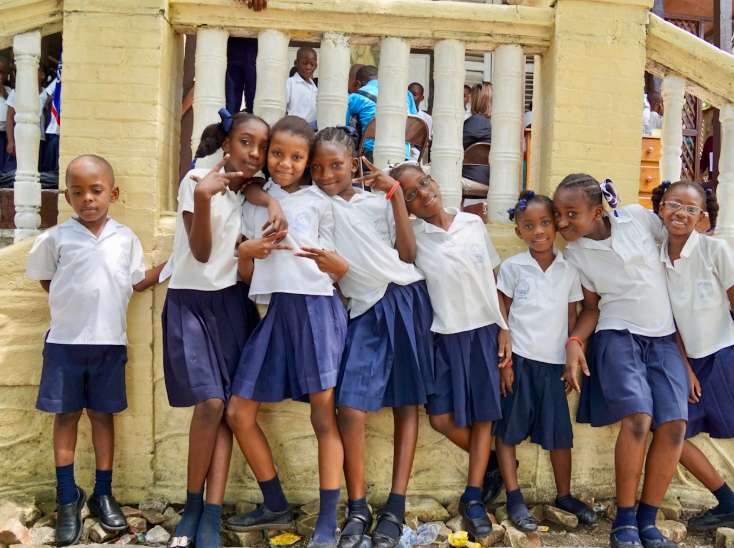Haiti’s Future Rests with its Displaced Youth.
The escalating gang violence in Haiti has precipitated a dire humanitarian crisis, particularly for the nation’s vulnerable children. A recent UNICEF report paints a grim picture of the situation, revealing that over 22,000 children have been forced to abandon their homes due to the pervasive violence. These displaced children now face a precarious future, often finding refuge in overcrowded shelters or on the streets, where they are exposed to exploitation, abuse, and a myriad of other dangers. The report underscores the urgent need for international intervention and increased funding to address the escalating crisis and protect the well-being of Haitian children. The current levels of humanitarian aid fall drastically short of the escalating needs on the ground, leaving thousands of children at risk.
The violence plaguing Haiti shows no signs of abating, and its impact on children is particularly devastating. The forced displacement disrupts their education, separates them from their families, and exposes them to a range of physical and psychological traumas. Living in makeshift shelters or on the streets, these children lack access to basic necessities like food, clean water, and sanitation, making them susceptible to malnutrition and diseases. The UNICEF report highlights the alarming prevalence of malnutrition among displaced children, with thousands requiring urgent medical attention. The situation is further exacerbated by the risk of exploitation and sexual violence, particularly for girls and young women, who are especially vulnerable in these chaotic environments.
The UNICEF report serves as a stark reminder of the human cost of the ongoing violence in Haiti. The 22,000 displaced children represent a lost generation, robbed of their childhood and facing an uncertain future. The report emphasizes the critical need for a multi-pronged approach to address the crisis, encompassing both short-term humanitarian assistance and long-term development initiatives. Immediate priorities include providing safe shelter, food, medical care, and psychosocial support to the displaced children, as well as ensuring their protection from further harm. Concurrently, efforts must be made to address the root causes of the violence, including poverty, inequality, and the proliferation of illegal weapons.
The international community must heed the urgent call for increased support to alleviate the suffering of Haitian children. The current funding levels are woefully inadequate to meet the escalating humanitarian needs, leaving UNICEF and other aid organizations struggling to provide essential services. Increased financial assistance is crucial to scale up existing programs and implement new initiatives to address the complex challenges facing displaced children. This includes providing access to education, psychosocial support, and vocational training to help them rebuild their lives and contribute to the future of their country.
Beyond financial aid, the international community must also play a more active role in addressing the underlying causes of the crisis. This involves supporting efforts to strengthen governance, promote the rule of law, and disarm armed groups. Addressing the deep-rooted issues of poverty and inequality is also essential to building a more stable and equitable society for all Haitians. Without a concerted and sustained effort from the international community, the humanitarian crisis in Haiti will continue to worsen, with devastating consequences for the nation’s children.
The future of Haiti hinges on the well-being of its children. The current crisis represents a critical juncture, demanding immediate and decisive action from the international community. Failure to act now will condemn a generation of Haitian children to a life of hardship and despair, perpetuating the cycle of poverty and violence that has plagued the nation for far too long. The UNICEF report serves as a wake-up call, urging the world to prioritize the protection and well-being of Haitian children and invest in a more peaceful and prosperous future for Haiti.
Share this content:












Post Comment